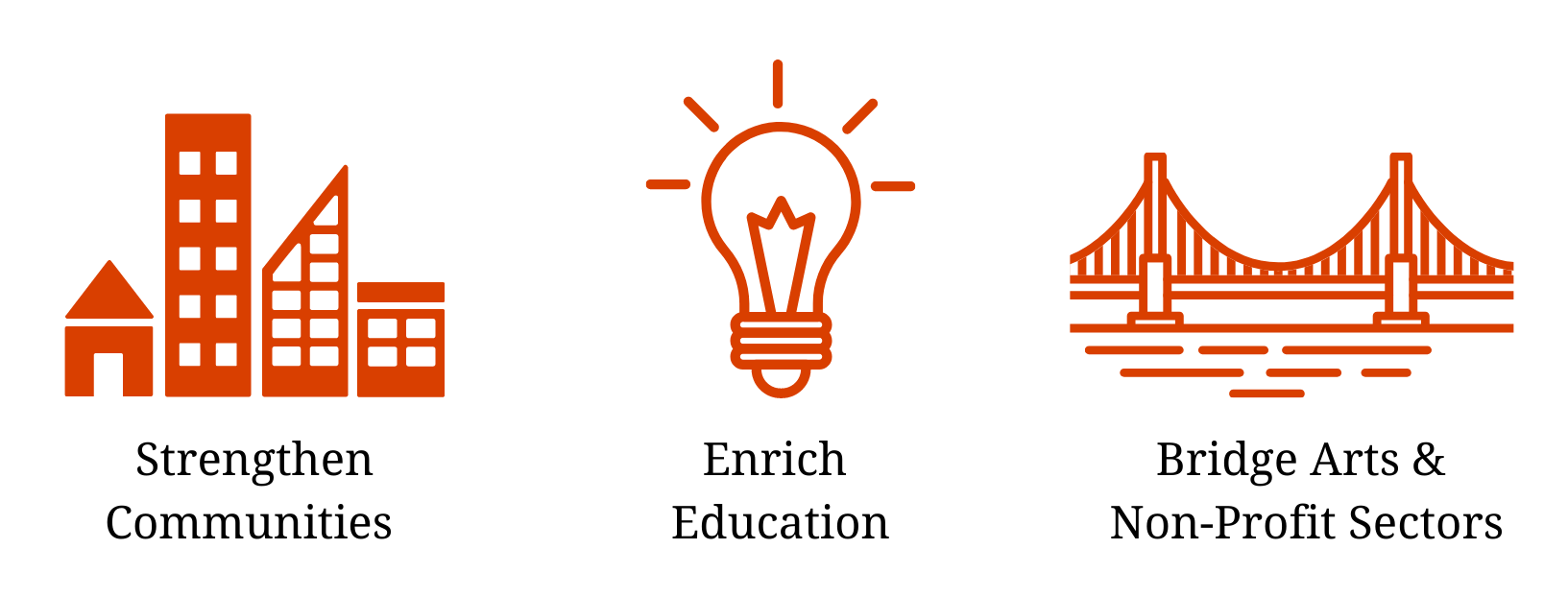
The Co-op for Social Good program funds co-op positions at not-for-profit organizations who otherwise would not have the budget to participate. The program helps Arts students gain valuable work experience, learn how not-for-profits are advancing important social and cultural causes, develop future-ready skillsets, and enrich their understanding of work and careers in the non-profit sector.
It’s a win-win scenario as not-for-profit organizations benefit from the entrepreneurial mindset and human-centered knowledge that Waterloo Arts students bring to their workplaces.
Join with us to make available meaningful work term experiences for our students. The Co-op for Social Good program is only possible with donations from our alumni and friends.
Through the Co-op for Social Good Program, we will accomplish the following:

- Strengthen communities. Not-for-profit organizations are tackling entrenched social issues, such as poverty, hunger, and discrimination, among many others. Waterloo Arts students will bring fresh perspectives and rich, entrepreneurial skill sets to the work of these organizations, helping them better achieve their goals, enriching the quality of life for residents, improving the wellbeing of our communities, and making them great places to live, work and play.
- Enrich education for Arts students. Arts students will gain experience at organizations that share their core values and aspirations. They will have opportunities to directly address the social issues they have studied in the classroom and are most committed to solving. This will result in more relevant, fulfilling, and empowering co-op experiences. For those students less familiar with the not-for-profit sector, the program will open their eyes to new career possibilities while encouraging more civic-mindedness and engagement.
- Create a bridge between the Arts academic community and the not-for-profit sector, to the benefit of both. When students go on co-op terms, they apply their academic knowledge to challenges encountered in the workplace. Then, when they return to the academic environment, they bring back work-based insights and incorporate them into their studies. In this way, the Co-op for Social Good Program will create a virtuous circle in which the academic sphere is informed by real-world experience, and community organizations are made more successful with the infusion of rigorous academic research and analysis.